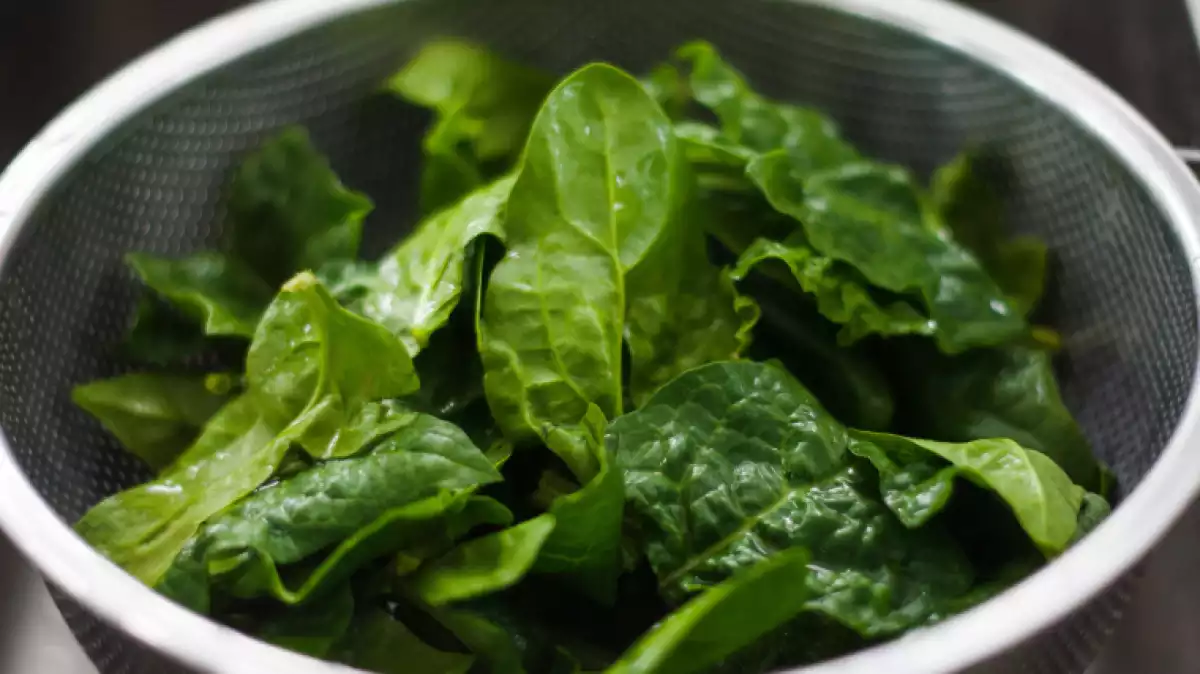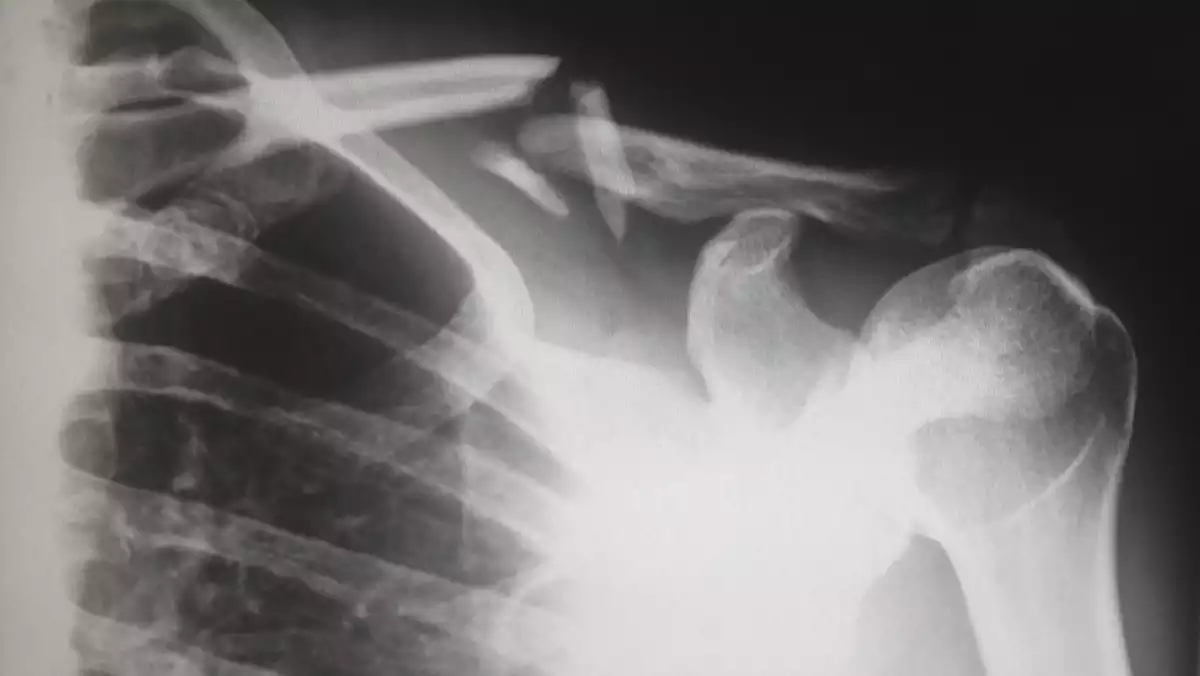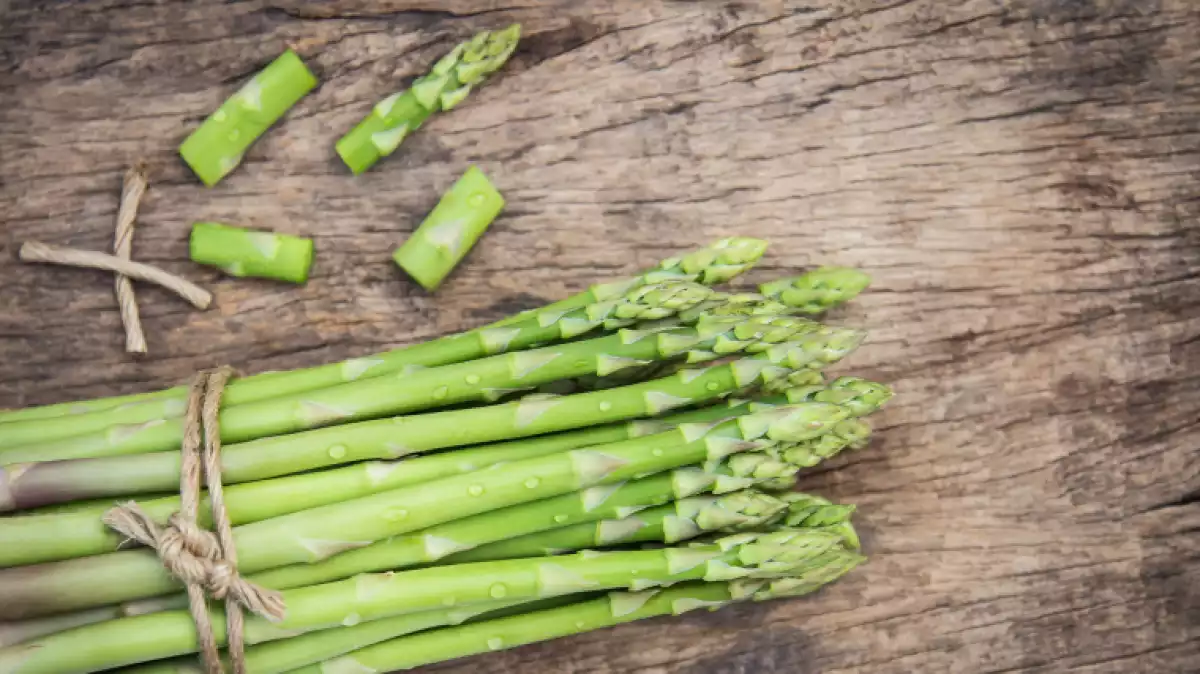
The intake of vitamin K has many benefits and its deficiency for a long time includes symptoms such as fractures, intestinal problems, and the hemorrhagic disease of the newborn, also known as vitamin K deficiency bleeding (VKDB).
Due to its great importance for blood coagulation and the development of body tissues, in this article, we are going to explain what is vitamin K, which is its functions and uses, and which foods have high levels of it.
What is vitamin K?
Vitamin K is one of the 4 fat-soluble vitamins that are necessary for the organism. Vitamins A, D, and E are the other three. This vitamin is in charge of helping in the process of blood coagulation; this is why it is known as an antihemorrhagic factor, and its name comes from the German term Koagulation.
Vitamin K also plays a significant role in helping proper bone development and preventing osteoporosis. This vitamin is produced by our body through a series of bacteria in the intestinal tract, and we can also ingest it through different types of food (mostly of plant origin).
There are several forms or types of vitamin K: vitamin K1 or phylloquinone (also known as phytonadione); vitamin K2 or menaquinone; and vitamin K3 or menadione (a synthetic form of this vitamin).
Uses, functions, and applications
The most common use of vitamin K is the supplementation to newborns, to prevent the hemorrhagic disease of the newborn. However, it also has other uses: as a supplement to counter the warfarin effects, an antagonist to this vitamin; as a treatment for esophagus bleeding and other cirrhosis complications; as well as to treat pregnancy nausea (which is usually taken together with vitamin C).
Also, topical vitamin K formulations are also used to reduce spider or varicose veins. However, their efficacy is quite questionable according to the latest research. What has been proven effective is the use of it topically to minimize postoperative bruising.
The relationship between vitamin K and cancer has also been studied. Recent studies have speculated about the possible use of vitamin K as an adjuvant treatment in ovarian cancer.

Vitamin K deficiency consequences
Vitamin K deficiency is especially worrying in newborns, who are usually born with deficient levels of this vitamin. Babies with hemorrhagic disease of the newborn tend to have prolonged and excessive bleeding, which in the most severe cases, can lead to a brain hemorrhage.
Likewise, chronically low levels of this vitamin are associated with an increased risk of hip fractures in older people. Alcoholic people or people who suffer from gastrointestinal tract diseases are also often deficient in this vitamin. It is also associated with bone weakness, tooth decay, and heart diseases.
Foods high in vitamin K
Greens are considered one of the best sources of vitamin K and especially, of vitamin K1 or phylloquinone. Beef liver, cauliflower, eggs, and strawberries are also foods with high levels of it.
In general, it is not included as a daily multivitamin supplement because its deficiency is not common. This is why supplements are usually administered using methadone, which is the most effective form and with the least risk of toxicity. Still, the best way to get this vitamin is by eating foods that contain it.
Next, we will talk about the properties of 4 foods known for their high levels of vitamin K: vegetable greens, beef liver, cauliflower, and asparagus.
1. Greens
Spinach, chards or rapini are some examples of this type of vegetables. They are high in vitamin K, and they can be eaten in different ways and different recipes (raw, boiled, as a side dish, etc.). This type of vegetables is also a great source of other vitamins such as A and E, as well as antioxidants and different kinds of nutrients.

2. Beef liver
Liver meat is considered offal, and in particular, one of the most consumed and nutritious. But it is considered food with a high cholesterol content, and it is not recommended to people with obesity, high triglycerides or high cholesterol.
100 grams of beef liver contain 44% of vitamin K, as well as other fat-soluble vitamins (A, D, E), iron, zinc, and vitamins B1, B12, B2, B3, B6, and B9.
3. Cauliflower
Cauliflower has high amounts of this vitamin. Specifically, 100 grams of this vegetable has 76% of vitamin K. In addition, cauliflower has a recommended value of vitamin C, protein, magnesium, phosphorus, and B vitamins. It is considered a hypocaloric and multi nutritious food, which is recommended to people who take anticoagulant drugs such as acenocoumarol.
4. Asparagus
This vegetable has high amounts of vitamin A, B, C, and K (53% in 100 grams); folic acid and glutathione. It is a low-calorie food and rich in fiber, calcium, magnesium, and sodium. Still, this food has a very short season (early spring) and the rest of the year they are imported from other countries.
- Original article in viviendolasalud.com: Vitamina K: funciones, usos y alimentos ricos en vitamina K
References
Brody, T. (2002). Vitamin K Deficiency. In D. S. Blanchfield & J. L. Longe (Eds.), The Gale Encyclopedia of Medicine (2nd ed., Vol. 5, pp. 3519-3520). Detroit: Gale.
Turner, J., & Frey, R. J. (2005). Vitamin K. In J. L. Longe (Ed.), The Gale Encyclopedia of Alternative Medicine (2nd ed., Vol. 4, pp. 2123-2125). Detroit: Gale.
